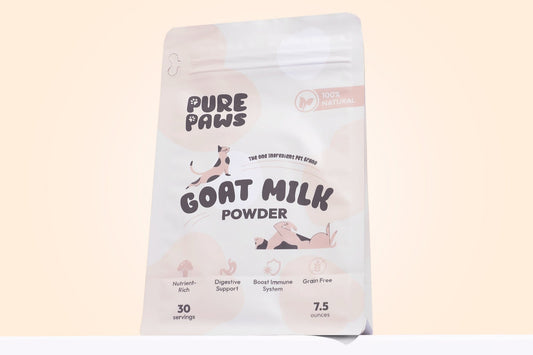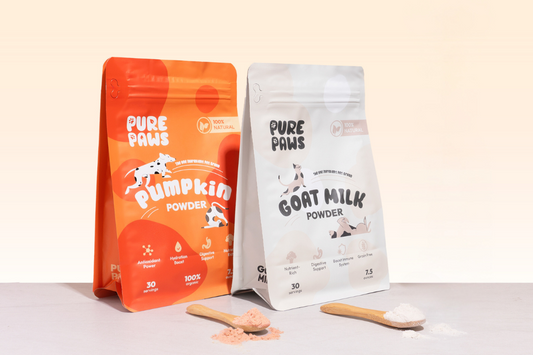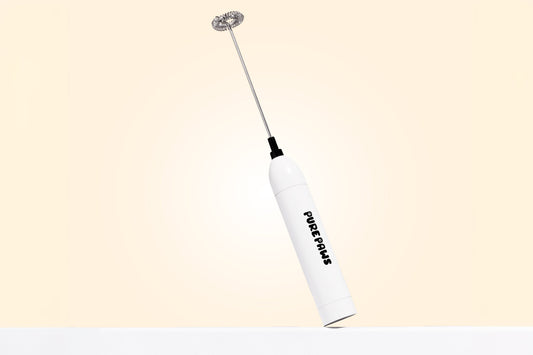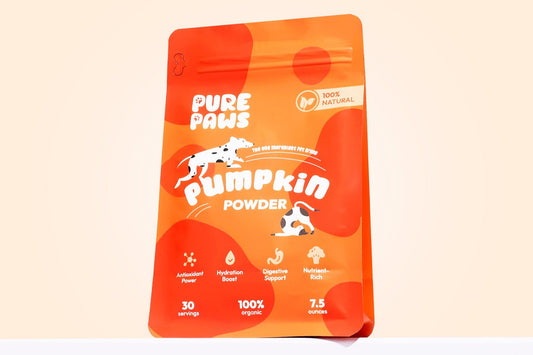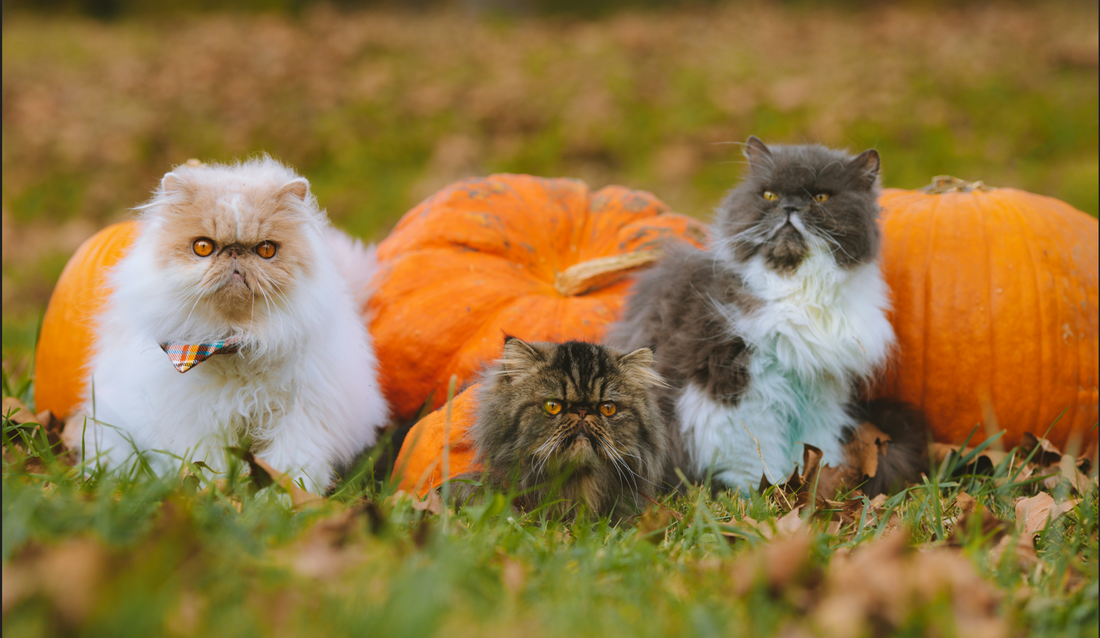
The Benefits and Risks of Pumpkin for Cats
Pumpkin is often touted for its health benefits in human diets, but its nutritional value can also extend to our feline friends. Rich in fiber, vitamins, and minerals, pumpkin can offer several advantages for cats, from aiding digestion to supporting overall well-being. However, as with any dietary addition, there are both benefits and potential risks involved. This blog aims to explore how pumpkin can be both a boon and a cautionary tale for cat owners looking to enhance their pet's diet.
The Benefits of Pumpkin for Cats:
-
Digestive Health: The high fiber content in pumpkin is excellent for a cat's digestion. It can help regulate bowel movements, easing both constipation and diarrhea, and is often recommended by veterinarians for digestive issues.
-
Hairball Control: For cats that struggle with frequent hairballs, pumpkin's fiber can also aid in their passage through the digestive tract, potentially reducing the frequency and severity of hairball episodes.
-
Weight Management: Incorporating pumpkin into a cat's diet can assist in weight management. Its fiber content helps them feel fuller longer, which can prevent overeating and contribute to a healthier weight.
-
Hydration: Given that many cats do not drink enough water, the high moisture content in pumpkin can help increase their hydration levels, supporting kidney health and overall hydration.
-
Nutrient-Rich Supplement: Pumpkin is packed with essential nutrients like vitamins A, C, and E, as well as antioxidants and minerals such as potassium, which contribute to overall health, including vision, immune function, and skin and coat health.
Potential Risks of Pumpkin for Cats:
While pumpkin is generally safe and beneficial for cats, there are a few considerations to bear in mind:
-
Moderation is Crucial: Too much pumpkin can lead to an imbalance in a cat’s diet, potentially causing gastrointestinal upset or interfering with nutrient absorption.
-
Plain Pumpkin Only: It's essential to use plain, unsweetened pumpkin without additives, spices, or sugar, which can be harmful to cats. Pumpkin pie filling and other flavored pumpkin products are not suitable for feline consumption.
-
Individual Tolerance: Like any new food, pumpkin should be introduced slowly to your cat's diet. Some cats may have sensitive stomachs or could be allergic to pumpkin, although this is rare.
-
Not a Cure-All: Pumpkin should not be seen as a substitute for a balanced diet or professional veterinary care. It can complement treatment for certain conditions but not replace it.
Incorporating Pumpkin into Your Cat's Diet:
For those looking to add pumpkin to their cat's diet, start with a small amount (such as a teaspoon) to see how your cat reacts. Ensure that the pumpkin is pure and not mixed with additives or spices. It can be mixed into wet food or given directly as a treat.
Pumpkin can offer significant health benefits to cats, especially in terms of digestive health and hydration. However, it's essential to approach its inclusion thoughtfully, with an emphasis on moderation and awareness of the potential risks. By doing so, cat owners can make a positive impact on their pet's health and well-being.
Interested in learning more about natural supplements and dietary enhancements for your cat? Visit Pure Paws for a range of products and insightful guides on providing the best nutrition for your feline friend. Discover how simple additions to your cat's diet, like pumpkin, can make a big difference in their health and happiness.
